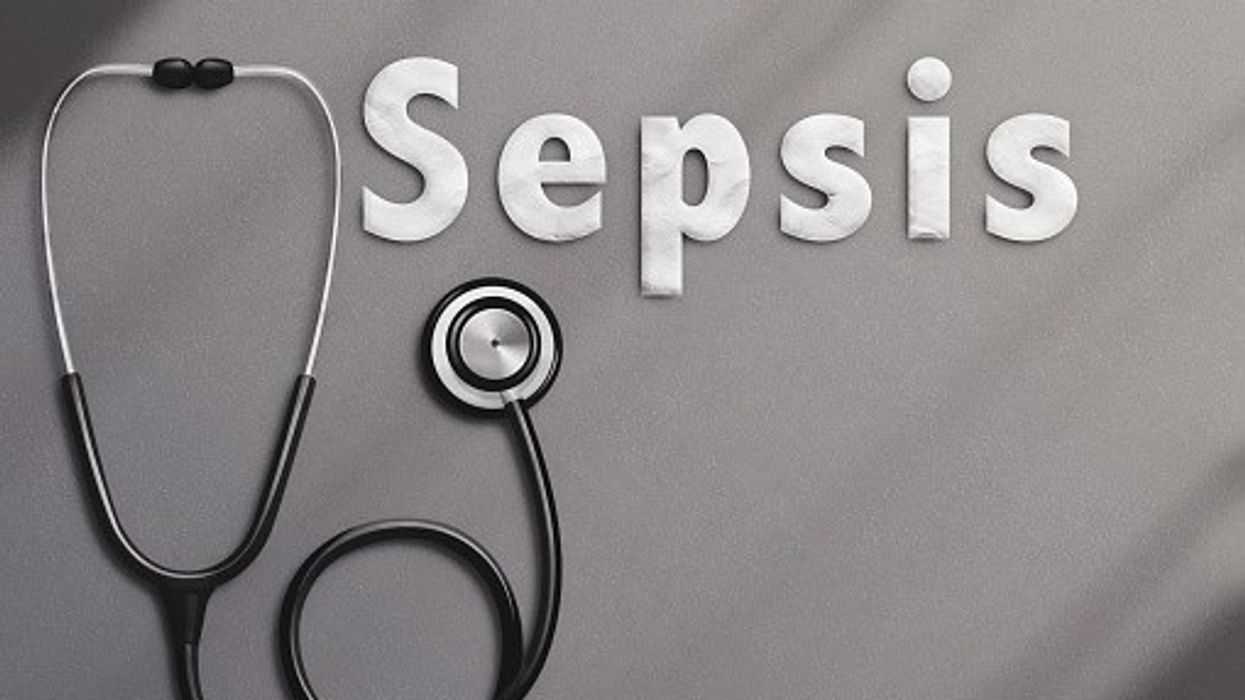The PAGB urges policymakers to promote self-care practices, including the use of OTC antiseptics, which could help prevent sepsis and support the NHS and economy
On the occasion of World Sepsis Day, PAGB, the consumer healthcare association, has underscored the significant role that over-the-counter (OTC) antiseptics can play in preventing sepsis, potentially saving the NHS millions of pounds each year.
Sepsis is a life-threatening condition where the body’s immune system overreacts to an infection, causing damage to tissues and organs.
Early recognition and treatment are crucial, as sepsis can rapidly escalate without prompt care. Symptoms of sepsis include confusion or slurred speech, fever, severe breathlessness, blotchy or mottled skin, and a lack of urination.
PAGB emphasised that using OTC medicines early on can help prevent infections from worsening and potentially leading to serious conditions like sepsis.
Michelle Riddalls, CEO of PAGB, stated: “Early prevention is always the best treatment for conditions that could potentially lead to sepsis.
“If you don’t get the right care for sepsis quickly it can be life-threatening so it’s essential to seek immediate help if you or someone else has any symptoms.
“OTC medicines play an important role in early prevention. They empower people to self-care with rapid and convenient access to medicines which allow them to quickly relieve self-treatable conditions.”
Research published in The Economic Impact of Over-The-Counter Medicines in the UK, a 2023 report commissioned by PAGB and conducted independently by Frontier Economics, revealed that around 12.3 million units of antiseptic creams, liquids, and sprays are sold annually in the UK.
PAGB highlighted that the use of these OTC products can help prevent infections from spreading and, in some instances, may avert serious outcomes like sepsis.
The association estimated that even if just 1 in 10,000 of these units prevents a case of sepsis each year, it could result in over 1,200 cases being prevented, saving the NHS approximately £4 million in direct hospital costs.
Hence, PAGB, which represents the manufacturers of branded OTC medicines, self-care medical devices and food supplements in the UK, is urging policymakers to embrace the opportunities presented by self-care.
Riddalls noted that the use of OTC medicines not only helps prevent conditions from escalating but also supports the NHS and the wider economy.
She added that the NHS could save an additional £3.1 billion through greater use of existing OTCs combined with further reclassification of prescription only medicines.
World Sepsis Day, observed on Friday 13 September, raises awareness about the importance of early recognition and treatment of sepsis.













